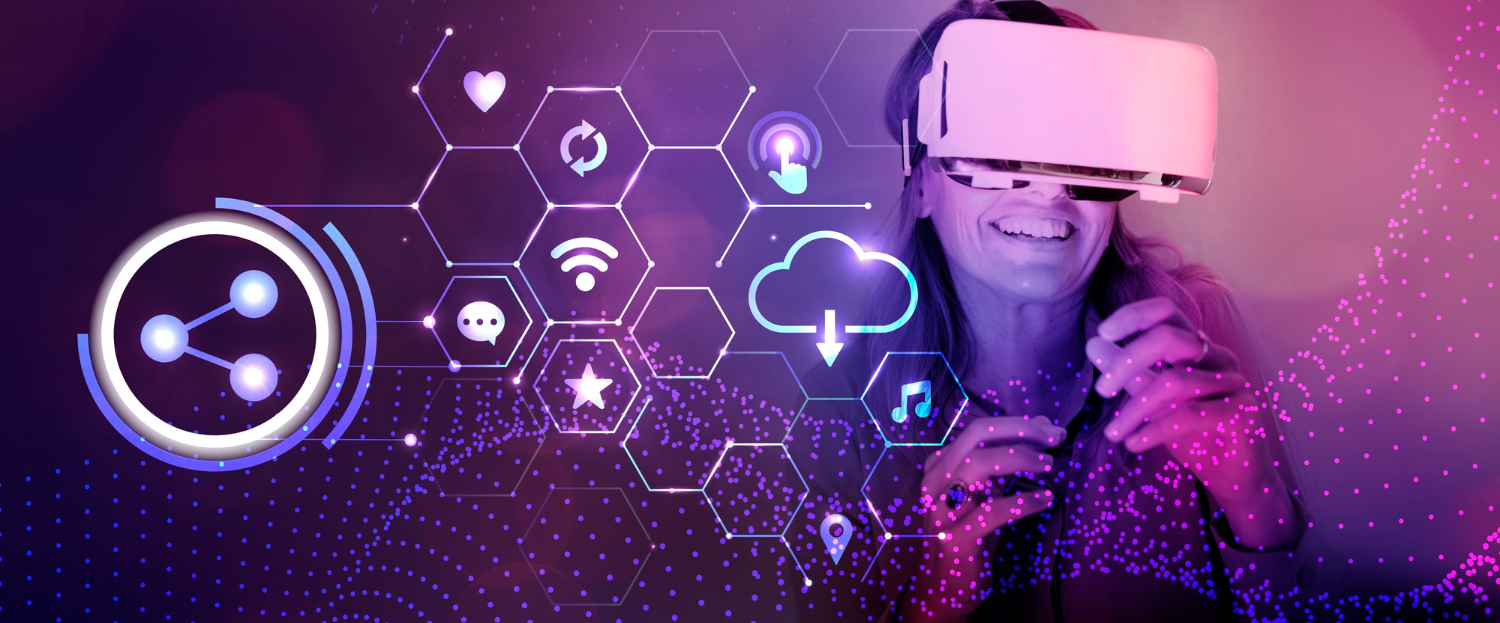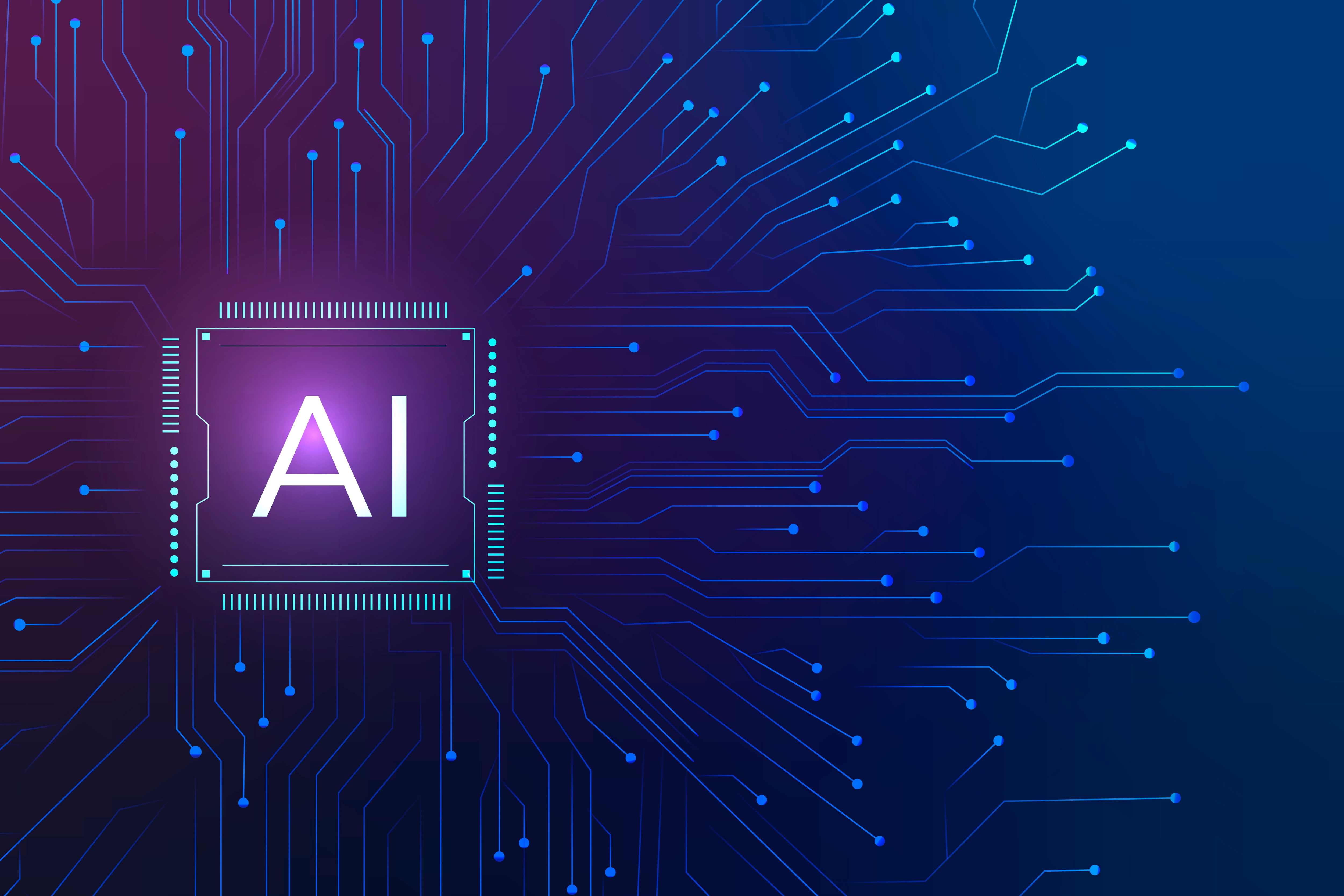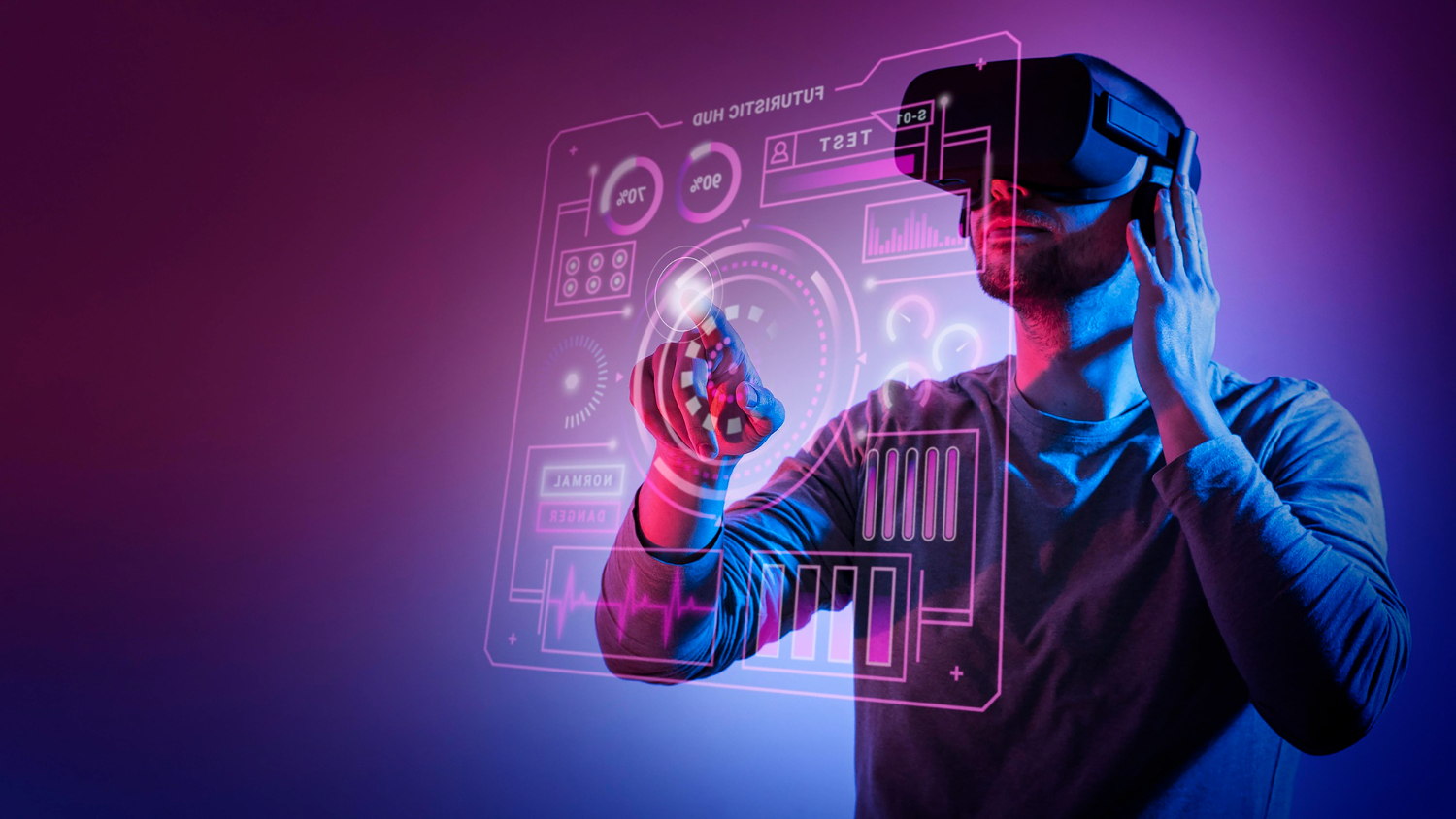

- Home
- About Us
- Career Services
- How to Apply
- Tuition Fee
- Apply Now
-
Courses & Programs

-
Events & Posts


The modern digital landscape is a double-edged sword; it drives growth and innovation but simultaneously exposes us to escalating cyber threats. The importance of cybersecurity has never been more pronounced, and within this broad field, Threat In [Continue Reading Below]...
The modern digital landscape is a double-edged sword; it drives growth and innovation but simultaneously exposes us to escalating cyber threats. The importance of cybersecurity has never been more pronounced, and within this broad field, Threat Intelligence (TI) is becoming central to preventing sophisticated attacks. TI provides a critical layer of defense that goes beyond typical cybersecurity measures by analyzing potential threats, gathering actionable insights, and enabling proactive responses to cyber risks. In this article, we delve into the intricacies of TI, how it reshapes cybersecurity, and the promising future it holds.
The Rise of Cybersecurity: More Than Just Protection
The past decade has seen exponential growth in cyber threats, fueled by the increasing sophistication of cybercriminals and the complexity of digital infrastructures. Traditional cybersecurity focused primarily on perimeter defense, such as firewalls and antivirus software, but attackers continuously find ways to bypass these barriers. As organizations undergo digital transformation, moving their operations and data to cloud environments, the need for advanced security measures has become crucial. Cybersecurity has evolved to include everything from data encryption and multi-factor authentication to more complex strategies like zero-trust architectures and intrusion detection systems (IDS).
However, despite these advancements, the frequency and severity of attacks continue to rise. The reason? Cybersecurity lacks the proactive element that TI brings. Where cybersecurity is a shield, TI acts as a scout, informing defenders where and when to raise that shield.
Understanding Threat Intelligence: Transforming Data into Defense
Threat Intelligence refers to the gathering and analysis of information about potential threats to inform an organization’s security strategy. By examining data on past incidents, monitoring the dark web, tracking attacker profiles, and studying emerging trends, TI enables cybersecurity teams to forecast potential attack methods. Rather than waiting for a breach to occur, Threat Intelligence proactively seeks to identify, understand, and mitigate threats before they materialize.
TI is often categorized into three primary types:
Strategic Threat Intelligence - Provides a high-level overview of the threat landscape, helping leaders understand the risks facing their organization.
Tactical Threat Intelligence - Focuses on specific threats, such as common attack vectors, giving security teams insights on how to secure vulnerable points.
Operational Threat Intelligence - Involves in-depth analysis of actual incidents, providing details about the motivations, methods, and timing of attacks.
Each type of TI delivers unique insights that can inform decision-making at various levels within an organization, from executives to IT specialists.
Key Stages of the Threat Intelligence Lifecycle
TI follows a structured lifecycle, which ensures that intelligence is gathered, processed, and analyzed efficiently. These stages help organizations build a sustainable threat intelligence program:
Direction - Setting goals and defining the scope of intelligence gathering to align with organizational objectives.
Collection - Gathering data from multiple sources, such as open-source intelligence, social media, and proprietary databases.
Processing - Sorting, structuring, and organizing the data for analysis.
Analysis - Interpreting the data to identify patterns, vulnerabilities, and actionable insights.
Dissemination - Communicating findings to relevant stakeholders to ensure informed decision-making.
Feedback - Continuously refining the TI process to adapt to emerging threats.
Future Applications of Cybersecurity and Threat Intelligence
As cyber threats continue to evolve, so too will the need for advanced Threat Intelligence strategies. The future of cybersecurity will likely be shaped by new technologies such as artificial intelligence, machine learning, and automation, which offer promising applications in the field of TI.
Artificial Intelligence and Machine Learning - AI and ML can rapidly analyze large volumes of data, identifying patterns and anomalies far quicker than manual methods. In TI, AI can help anticipate threats by detecting deviations from normal patterns in network traffic, login behavior, and file access.
Predictive Analytics - TI is evolving from descriptive to predictive analysis. Predictive models can provide cybersecurity teams with foresight, allowing them to anticipate potential attacks based on historical data and real-time analytics.
Cloud-Based Threat Intelligence Platforms - As businesses continue to embrace cloud computing, cloud-based TI platforms will become essential. These platforms offer real-time data sharing, enabling companies to stay updated with the latest threat information and to collaborate across industries on emerging threats.
Blockchain for Secure Information Sharing - Blockchain technology could play a significant role in secure data-sharing between organizations, adding an extra layer of integrity to threat intelligence feeds.
Joining the Threat Intelligence Field: Biitech Academy’s Comprehensive Course
As demand for skilled cybersecurity professionals grows, Biitech Academy offers an in-depth Threat Intelligence course designed for aspiring TI specialists. This program covers everything from foundational concepts to advanced analytical skills needed in the field. Students will explore the complete TI lifecycle, including data collection, analysis, and the ethical considerations of intelligence gathering. The course is perfect for professionals seeking a proactive approach to cybersecurity, equipping them with the skills to identify, anticipate, and mitigate cyber threats effectively.
By enrolling in Biitech Academy’s Threat Intelligence program, students gain hands-on experience with industry-standard tools and methodologies, preparing them to make a meaningful impact in the cybersecurity field. As a hub for innovation in cybersecurity education, Biitech Academy combines practical training with theoretical foundations, ensuring graduates are well-prepared for the complexities of today’s digital threats.
Explore Biitech Academy’s Threat Intelligence course here to secure your place in the future of cybersecurity.
Stay updated with our most recent articles and insights.

Technology innovation is the cornerstone of global progress, transforming every sector and reshap...

As we look ahead to 2025, the technology landscape is evolving rapidly, with innovations spanning...

Artificial Intelligence (AI) is fundamentally transforming the technology industry, driving innov...

The modern digital landscape is a double-edged sword; it drives growth and innovation but simulta...

One of the most crucial roles in bridging the gap between business objectives and technological i...

In today’s rapidly evolving technological landscape, Artificial Intelligence (AI)

In today's fast-paced digital landscape, an effective digital marketing strategy is critical ...

In the digital age, software engineering plays a crucial role in shaping the landscape of Informa...

In the 21st century, few fields have made as significant an impact on the world as Information Te...
Are you passionate about technology and looking to explore opportunities in the IT sector? Whether you're just starting out or seeking to advance your career, dive into the latest trends, insights, and resources to help you succeed in the ever-evolving world of information technology.

The Scrum Master course is designed for individuals aspiring to be effective Scrum Masters in agi...

The Business Analyst course focuses on developing analytical and problem-solving skills required ...

The Project Manager course provides a comprehensive understanding of project management principle...

The Salesforce Developer course is designed to equip students with the skills needed to develop c...

The Salesforce Administrator course focuses on developing the skills required to configure and ma...

The Help Desk Support course provides students with foundational knowledge and skills to excel in...

The Customer Support Technician course focuses on developing the skills necessary to provide exce...

The Data Analyst course is designed to equip students with the skills and knowledge required to a...

The Azure Cloud Engineer course focuses on developing the skills necessary to design, implement, ...
At Biitech Academy, we provide comprehensive, expert-led IT courses designed to enhance your skills and accelerate your career growth. Join us to advance your journey in the tech industry.

Our courses cover fundamental to advanced topics, ensuring a thorough understanding of IT concepts and practices.

Learn from experienced professionals who bring real-world expertise and insights to every lesson.

Each course is designed to build and strengthen your technical skills, making you more competent and confident in the IT field.

We provide training that aligns with industry demands, helping you gain the knowledge and certifications needed to advance your career.